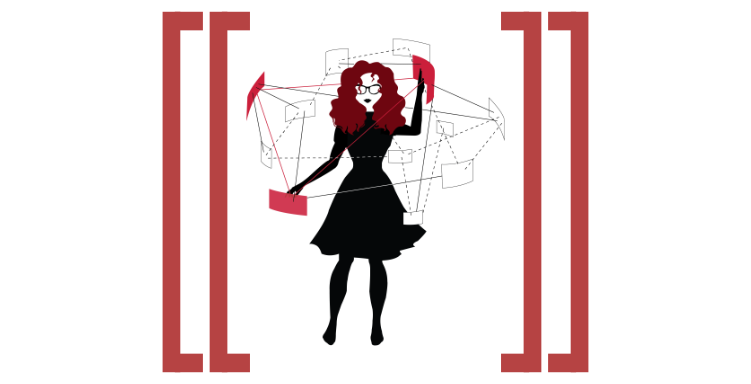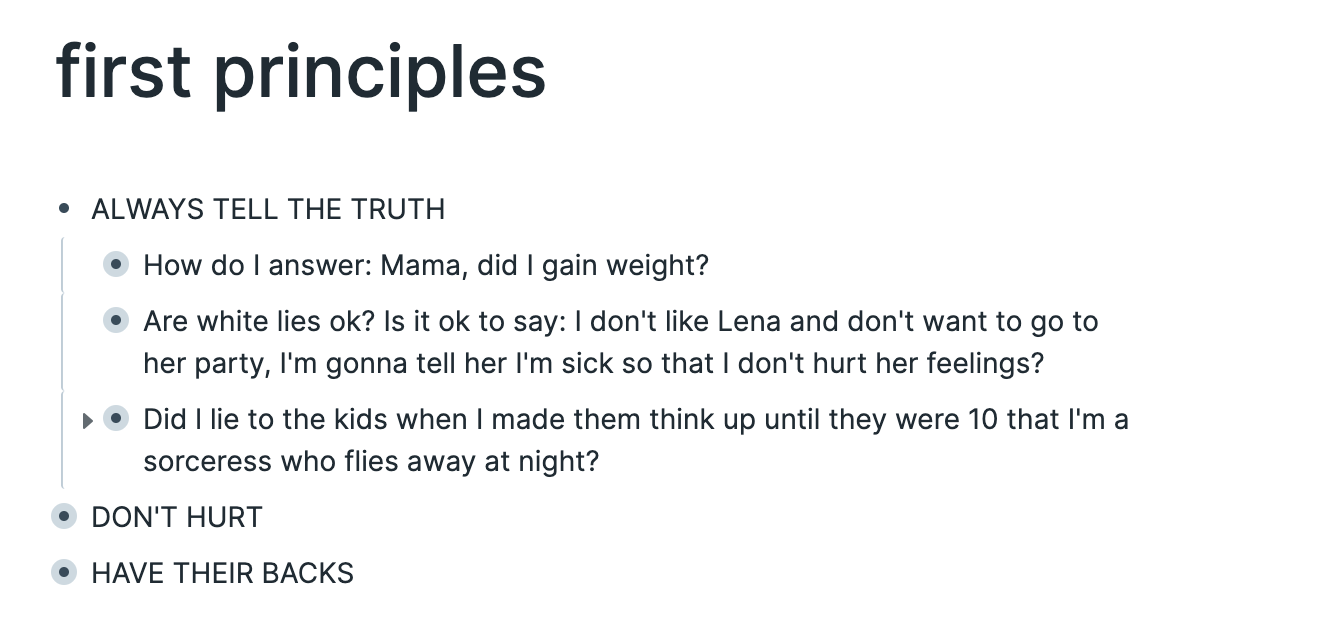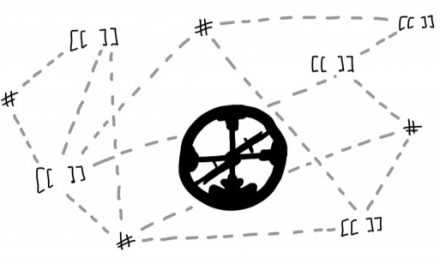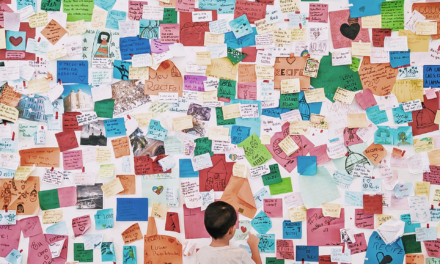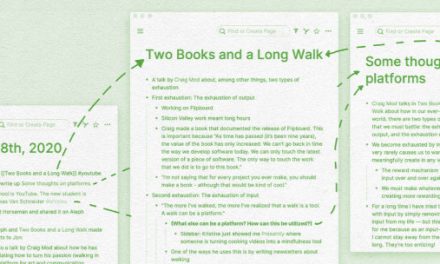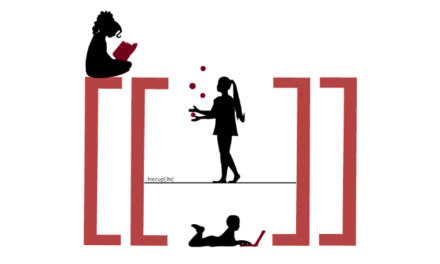(Note: text enclosed within double square brackets indicates the title of a Roam page.)
I mother deliberately. For me, caring for family is not the life part of the work-life balance: it’s my main work.
I place it, ambitiously, at the top of my priorities. Yes, there’s a list of ordinary TODOs like taking kids places or feeding them, but there’s also the sacred and the elevated, the complex and the difficult, in caring for an extended family. There’s childrearing and eldercare, finances and housekeeping, maintaining the grace and navigating the conflict…I artisan and nurture, fight for and revel in the caring for my tribe. And no, I don’t make a normative statement that that’s how it should be, or I’ll regret, on my death bed, not being with my family more. What drives me, rather, is that running a family really is complex work, requiring all my talents, resourcefulness, and conscientiousness more than any other job I’ve ever had. I worked in finance, teach math for a living, worked in a bakery, and stood pretty at an airport as a hostess, among other things. None were nearly as all-encompassing of my interests and demanding of my abilities as mothering is.
I make a case for doing family caring as a nerdy enterprise. Nerdily and ambitiously aspiring to become a good matriarch, regardless of the moral case for it. And matriarchs need databases. I’m making mine, with Roam Research, to grow into the Memex of a Matriarch, an “enlarged intimate supplement to [my] memory“.
(Vannevar Bush, the originator of the concept, described memexes in his 1945 article for The Atlantic Monthly, As We May Think:
“Consider a future device for individual use, which is a sort of mechanized private file and library. It needs a name, and to coin one at random, “memex” will do. A memex is a device in which an individual stores all his books, records, and communications, and which is mechanized so that it may be consulted with exceeding speed and flexibility. It is an enlarged intimate supplement to his memory.” [efn_note]Bush, Vannevar (July 1945). “As We May Think”. The Atlantic Monthly. 176 (1): 101–108.[/efn_note])
Here’s a glimpse into the elders part of my networked thought machine
I created grandma’s and mom’s [[wisdom nuggets]] and my [[dad’s happiness philosophy]] pages (they’re linked to [[Wittgenstein]], [[Girard]], [[Jung]], [[Dostoyevsky]], [[Oliver Sacks]] and [[Khabib]]). My memex also has mom and dad’s health pages, further linking to, for example, [[cognitive souplesse]], [[colon cancer]], [[nutrition in aging]], and [[Peter Attia]]. Also, to pages for online friends who were treated at the hospital with the best cure rate for mom’s cancer: their precious advice is in my database and it might have saved mom’s life, even though we couldn’t afford to treat her there. Japanese research about pre-operative off-label usage of [[cimetidine]] to prevent cancer recurrences might also have moved the needle to mom’s current remission from stage IV. [[how-to in hospitals]] collects my experiences in dealing with the medical system and my best ideas for making it work for us. I also have a really cool corner of the graph with dad’s extraordinary stories from his youth and the perfectly timed proverbs he pulls out of his sleeve always on point.
And here are some ways I use Roam as a parent
I write parenting ideas
I record ideas about parenting as they emerge, situationally, in my Daily Notes or, reflectively, on dedicated pages.The beauty of a hyperlinked database is that the naturalistic writing (jotting down pieces of life) grows organically into neat categories that link and hierarch. You can trace the conflicts, the uncertainty, the pain and the bliss.
Some of these ideas contour my parenting philosophy. For example, I have a [[first principles]] page where I write something like “Always tell the truth”, but then based on my journal in Daily Notes, I flesh it out with more details:
Others are of the more practical variety. I have pages like [[picky eaters]], [[teen angst]], [[circadian rhythms]] or [[siblings conflict]]. These too get populated empirically from the situations I encounter and write about in the Daily Notes, but get refined and more stable by applying first principles as well my insights from fiction and non-fiction books, articles, tweets. For example, I now have a pretty functional framework for dealing with [[siblings conflict]] and [[siblings jealousy]] after reading way too much about it (must confess mom’s advice was on spot from the beginning!). Clearly, I often don’t have answers: I categorize these occurrences under [[parenting dilemmas]].
I reflect about education in general
I write notes on my readings in psychology, behavioural genetics, epistemology, and so on, all on some tangent to education, both the classics and the recent (even the junk and the non-replicated). For example, a useful concept that moved into my [[homeschooling]] toolbox is Vygotsky’s [[zone of proximal development]] as the ideal state for a kid (or adult, for that matter) to be in when learning something new. I did my own review of [[screen time]] effects on kids, which just proved that the term is useless if it’s used merely as an umbrella term for all things technology and kids. I’ve also been fascinated by the history of education especially by the failure of true progressivism in school in the last century, and wrote my hypotheses about it based on my notes (especially of [[Dewey]] and [[Labaree]]). [[Epistemology of number]] is the node where the French mathematician [[Lebesgue]], the Russian psychologist [[Davydov]] and my frustrations with how hard it is to teach [[multiplicative thinking]] meet.
I chronicle homeschooling
I’ve been doing this since the lockdown: my kids go to regular school, but homeschooling had always been on my mind and I decided to experiment with it during the [[Coronacation]] (that’s the name given by my kids to this homestay). I felt overwhelmed by the sheer volume of topics I thought were worthwhile to teach my children: I started thinking (and wasting time) about a curriculum. But then my daughter had to do a presentation for online school about Greece and when she did it in front of us we ended up roaming about other subjects over the course of one week: Thales, Euclid, Descartes, paradoxes, Lakatos, Polya, eggcorns and Hungarian postpositions. I chronicled it and where before I was concerned with wandering around without being rigorous enough for my taste, I found I can be both rigorous and wandering in Roam Research, and the curriculum emerges as a grounded theory!
I keep track of tasks
I use TODOs and the Date Picker, both for mundane (like sending school paperwork in time), and important tasks, like:
I keep [[aesthetics]] pages
I jot down favourite [[metaphors]], imagery and [[poems]] that come up in my daily life with family. Most of these reflections are in Romanian, but here’s my favourite tweet in this page, the one I like to think of as a metaphor for the way I do parenting:
To me, this is a great metaphor for how to think about having a sound mind.
You can't have anything that's overly secured or tethered to anything – that then becomes a point of failure. Nothing can be too sacred. But that doesn't mean nothing *is* sacred. Rather, everything is! pic.twitter.com/9vqd7wYcQg
— Visakan Veerasamy (@visakanv) October 6, 2018
I curate a daily collection of gold nuggets from my kids
This is my favourite database use: I have a [[Why I like you]] page, where I wrote, for example, how #Maya always prepares a glass of perfectly cold water for me to find when I come back home at 11 p.m. after teaching a night class. She knows that I’m very picky and appreciative of a good glass of water and she makes it so that it’s at said temperature exactly at the time I get home thirsty and tired, and she’s not even awake. Or how #Sofia can calmly soothe me when I’m overwhelmed or how #Corvin not only makes good jokes, but he actively pursues my laughs. I also have them write for me little messages or questions in my Daily Notes under [[kids thoughts]]. Here are two samples:
I wanted to write another section about how my kids use Roam Research (they each have their own database), but decided to leave this for another time. You can check out my tweets (@MamanLunettes) about how they use Roam Research and about my ways to get them in the habit of writing, as well as their YouTube channel.

